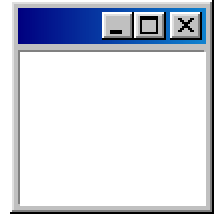Install Steam
login
|
language
简体中文 (Simplified Chinese)
繁體中文 (Traditional Chinese)
日本語 (Japanese)
한국어 (Korean)
ไทย (Thai)
Български (Bulgarian)
Čeština (Czech)
Dansk (Danish)
Deutsch (German)
Español - España (Spanish - Spain)
Español - Latinoamérica (Spanish - Latin America)
Ελληνικά (Greek)
Français (French)
Italiano (Italian)
Bahasa Indonesia (Indonesian)
Magyar (Hungarian)
Nederlands (Dutch)
Norsk (Norwegian)
Polski (Polish)
Português (Portuguese - Portugal)
Português - Brasil (Portuguese - Brazil)
Română (Romanian)
Русский (Russian)
Suomi (Finnish)
Svenska (Swedish)
Türkçe (Turkish)
Tiếng Việt (Vietnamese)
Українська (Ukrainian)
Report a translation problem


 United States
United States 




























Using an in-house engine is very difficult for game studios, and using unreal has no effect on a development's teams choice to use pre-made assets or not, as that's something that is done in programs with no relation to game engines.
In-house engines are often difficult because on top of the development team having to update it while they work on the game itself, its often never written down on how to actually use it, only passed down through word of mouth. this means that when the oldest employees who made the engine leave, nobody is left that understands how to do things, which makes development take even longer because they have to figure it out on their own.
This is why unreal engine has been especially popular among studios lately. Everything is written down, which makes it far easier to learn how to use the engine, which makes development go months faster then with an in-house engine.